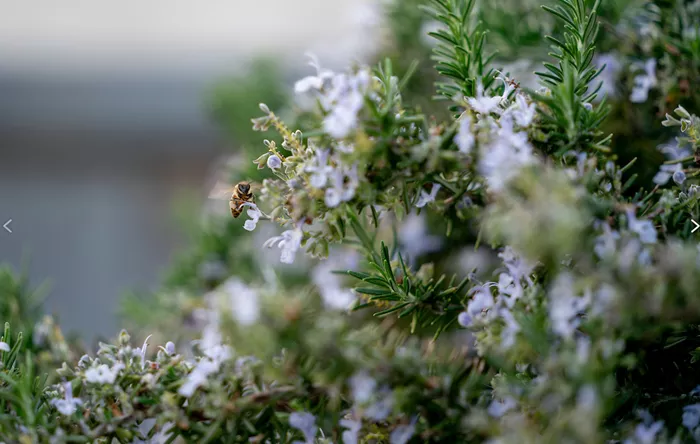Herbs offer a valuable addition to any garden, whether you’re a beginner or an experienced gardener. They are easy to grow, versatile, and can enhance both the appearance and functionality of your garden.
The Benefits of Growing Herbs
Herb gardens are ideal for novice gardeners. According to Joe Masabni, Ph.D., a small-acreage horticulturist at Texas A&M AgriLife Extension Service, herbs thrive in limited spaces. Whether in a pot on a patio or a small garden bed, herbs can provide edible, fragrant, and ornamental benefits. They also attract butterflies and other beneficial pollinators.
Choosing the Right Herbs
When selecting herbs for your garden, opt for those you enjoy using in cooking or drinks. Parsley, cilantro, basil, rosemary, thyme, and mint are all easy to grow and versatile. Masabni also suggests watercress, dill, and fennel, which are great for adding freshness to salads and dressings.
“Start with herbs you will use often. For more experienced gardeners, expanding your herb collection can be rewarding,” Masabni advises. “Fresh herbs enhance the flavor of recipes and offer nutritional benefits.”
Starting Your Herb Garden
You can purchase starter plants or grow herbs from seeds. While seeds are cost-effective, they require careful attention during germination. Masabni recommends planting seeds in a starter container, covering them with potting mix or sandy soil, and keeping the soil moist until seedlings appear.
Sunlight and Water Requirements
Herbs thrive in sunny, well-drained areas. They can handle some afternoon shade, particularly in hot summer months. They prefer sandy loam soils but may need additional potting mix or compost in heavier soils.
Once established, herbs need regular watering but should be kept on the dry side. Garden herbs may need weekly soaking, especially during dry periods, while potted herbs might need daily watering in extreme heat. To protect herbs from intense summer sun, consider using a shade cloth to reduce sunlight by 30%.
Managing Pests and Animals
Herbs can be susceptible to pests like bugs, worms, and rabbits. Some herbs naturally repel pests, but others may need protection. For insects, use organic pesticides or insecticidal soap. To prevent animals from munching on your plants, consider installing a fence or screen.
Masabni advises regular inspection of your herbs to catch and address problems early. “Daily attention can prevent significant issues and help keep your garden thriving.”
Protecting Herbs from Freezing Temperatures
Herbs may need extra care during colder months. If temperatures drop below 10 degrees Fahrenheit, protect your plants to prevent damage. Potted herbs can be moved indoors or placed in a sheltered area. Outdoor herbs should be covered with a tarp or blanket and insulated with hay, straw, or compost.
“With proper care, herbs are resilient and can thrive in various conditions,” Masabni concludes. “Follow these guidelines, and you’ll enjoy a successful herb garden.”


